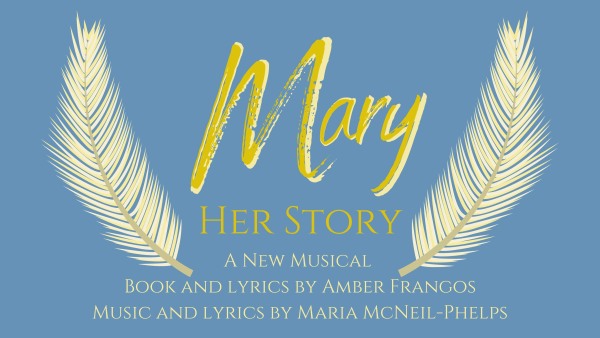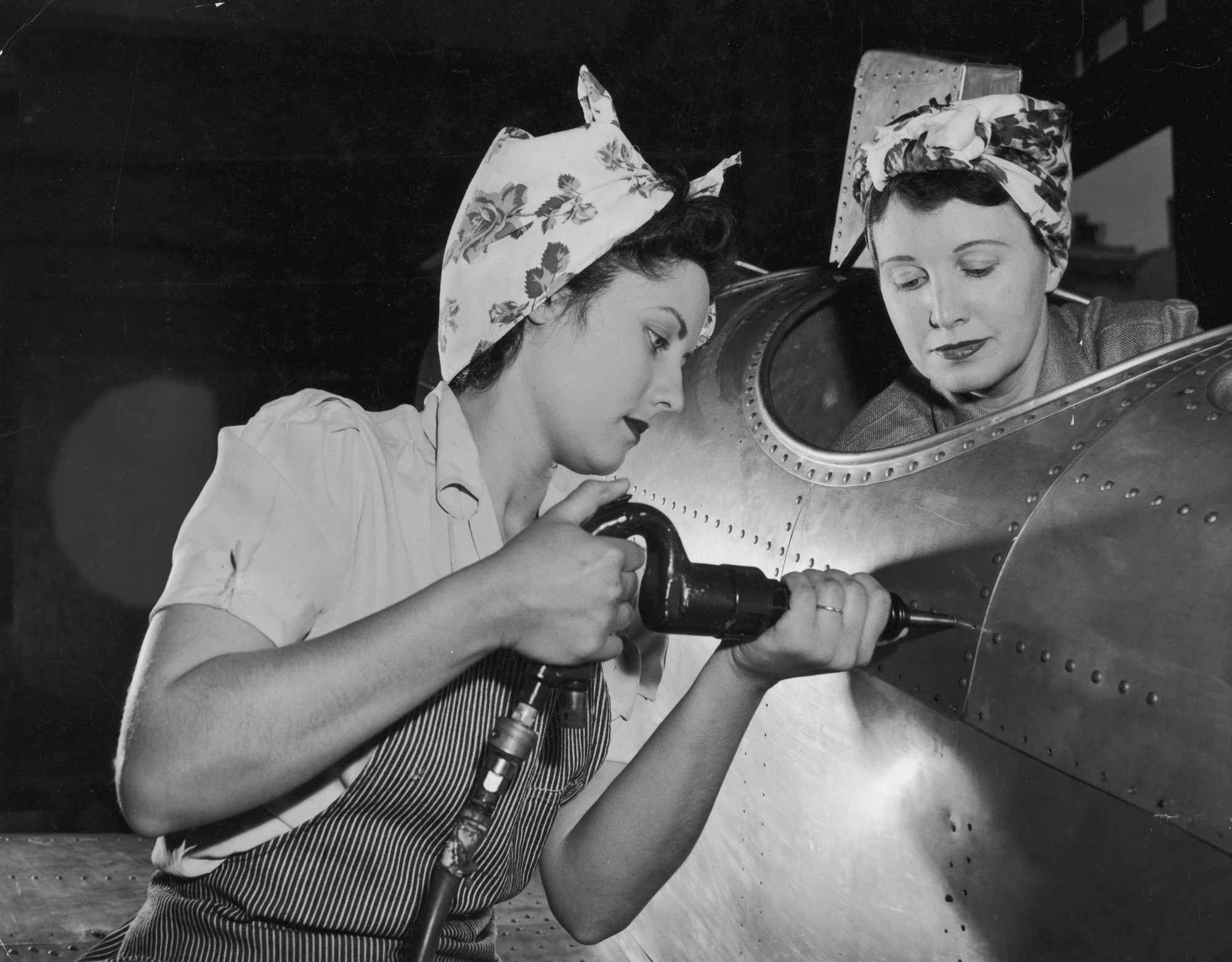
Kentucky Playwright Amber Frangos is hard at work on developing her latest project, Mary: Her Story, a new musical with book and lyrics by Amber Frangos with music and lyrics by Maria McNeil based on the life of Mary, Mother of Jesus Christ. As progress continues on the musical, many community members will be eager to follow the evolving piece from concept to fully realized stage production. To engage with the community, the Mary: Her Story team will embrace social media as a platform to share the musical’s progress. Those eager to learn more can follow Mary on Facebook, Instagram, Twitter, and even blog posts dedicated to tracking the musical’s developments.
Mary: Her Story seeks to explore the human experience of Mary and her journey from an ordinary young girl to the mother of the Son of God. Frangos, who grew up in the Catholic Faith, first had the idea for the musical when she was fourteen years old. In April 2018, Frangos put pen to paper. Since then, there have been two workshops of the musical led by Frangos at local theatre company Flashback Theater Co. The first, in July 2019, focused on the book of the musical. In October 2020, the team held a second workshop where focus shifted to the musical numbers performed by the leading characters of the piece. A final workshop is being planned for September 2021 before the musical has its world premiere at Flashback Theater Co. in 2022.
Progress on the musical’s development can be tracked by following Mary: Her Story on social media. The community will get an inside look at the process of researching, writing, editing, and workshopping a new musical. In addition, those who follow Mary will get to engage with fun social media tags. For example, #MaryTriviaTuesday will take place every Tuesday and share a fact about the history of the Biblical period during which Mary lived. Trivia will often focus on rarely discussed facts about women’s life and culture during the period.
Following Mary: Her Story on social media is the number one way to stay up-to-date on the exciting new project. The ambitious project seeks to spread the word about the new musical to the Lake Cumberland region and beyond. Followers will learn more about the artistic process and engage with the incredible local arts community of Somerset, Kentucky. By following the page now, as the show works up to its world premiere in 2022, you can be the first to share the exciting news with your friends and family.
Followers can expect the content shared to be inspiring. Playwright Amber Frangos shares: “People should follow the development of Mary to become involved in the story of her humanity. Development is not a static process, we review and make changes, just like life. My hope is that the process will make all of us comprehend the world where Mary lived, what the stakes were and what she sacrificed.”
Those interested can find and follow Mary: Her Story online on multiple platforms: Find Mary on Facebook as Mary: Her Story (@MaryHerStory), on Instagram as @MaryHerStory, and on Twitter as @MaryHerStory. You can also always find Mary updates and at playwright Amber Frangos’ website at amberfrangos.com
The process of developing a new theatrical work is an exciting prospect that the whole community can take pride in. Mary: Her Story invites the Lake Cumberland region to celebrate the exciting work that has been done by the artistic community so far, and to build anticipation for what is ahead.
Follow Mary: Her Story’s journey today on social media!
Find and follow Mary’s journey online today!








